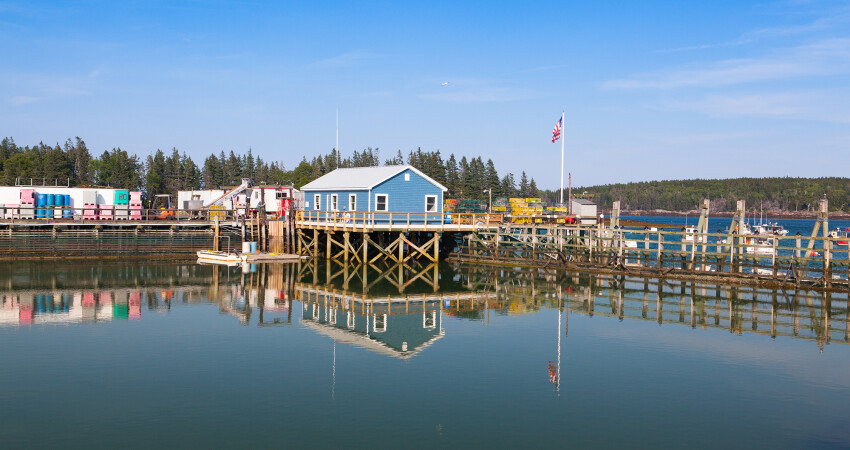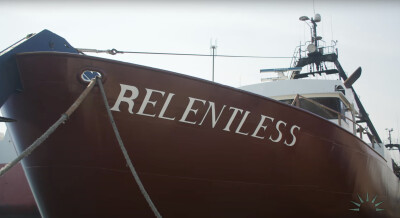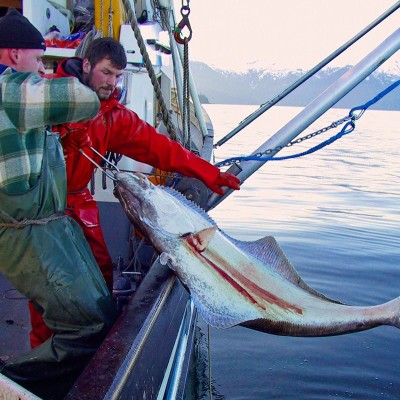A comprehensive effort to support Maine’s working waterfronts gained momentum last week as Rep. Morgan Rielly, D-Westbrook, introduced a new bill and saw four others advance through committee work sessions.
Rielly presented LD 1595, a measure that would extend nuisance complaint protections currently afforded to commercial fishermen to Maine’s aquaculture sector. The bill aims to shield aquaculture operations from what Rielly describes as unfair challenges from coastal landowners.
“It only makes sense that our aquaculture sector should have the same protections as our commercial fishermen,” said Rielly. “Over my years working with members of the aquaculture community, I have heard time and again that coastal, often wealthy, landowners who don’t want to hear, see or smell aquaculture operations unfairly file nuisance complaints, which can put a halt to the work and food production Mainers rely on.”
In addition to introducing LD 1595, Rielly saw progress on four related measures that seek to enhance Maine’s waterfront infrastructure, workforce capacity, and public awareness of the industry’s importance.
LD 1245, which received unanimous backing from the Legislature’s Housing and Economic Development Committee, would establish a non-lapsing fund within the Maine Office of Community Affairs. The fund would be used to promote awareness of the state’s working waterfronts and provide technical assistance to coastal communities. The bill, as amended, would also create a Working Waterfront Advisory Council, comprising stakeholders such as representatives from the Wabanaki Nations, trade organizations, educational institutions, and other industry voices.
“Without our working waterfronts, our state risks losing out on a major source of revenue and thousands of jobs,” said Rielly. “We also risk losing a key piece of our identity. Establishing this fund will further help the Maine Office of Community Affairs provide technical assistance to our communities, along with spreading awareness of their importance.”
Another measure, LD 1433, advanced with support from the Legislature’s Education and Cultural Affairs Committee. It proposes a feasibility study for a higher education service corps program and the establishment of a working waterfront infrastructure engineer corps pilot program. This initiative would aim to increase the number of qualified professionals available to respond to environmental and structural challenges along Maine’s coast.
“The extreme winter storms in January 2024 laid bare the workforce and capacity challenges to rebuild working waterfronts,” said Rielly. “Many of our municipalities don’t have the ability to address these issues. They need support, and a working waterfront infrastructure engineer corps pilot program would be a great value in helping to protect our coastline well into the future.”
Two additional bills — LD 1596 and LD 1722 — received unanimous approval from the Legislature’s Marine Resources Committee. These measures are designed to streamline the aquaculture leasing process, reducing administrative burdens on the Department of Marine Resources and offering more flexibility to operators within the sector.
“The leasing and amendment process is one of the most pressing issues facing Maine’s sea farmers and commercial fishermen who have aquaculture leases,” said Rielly. “The pending passage of these key pieces of legislation will help alleviate these regulatory issues.”







